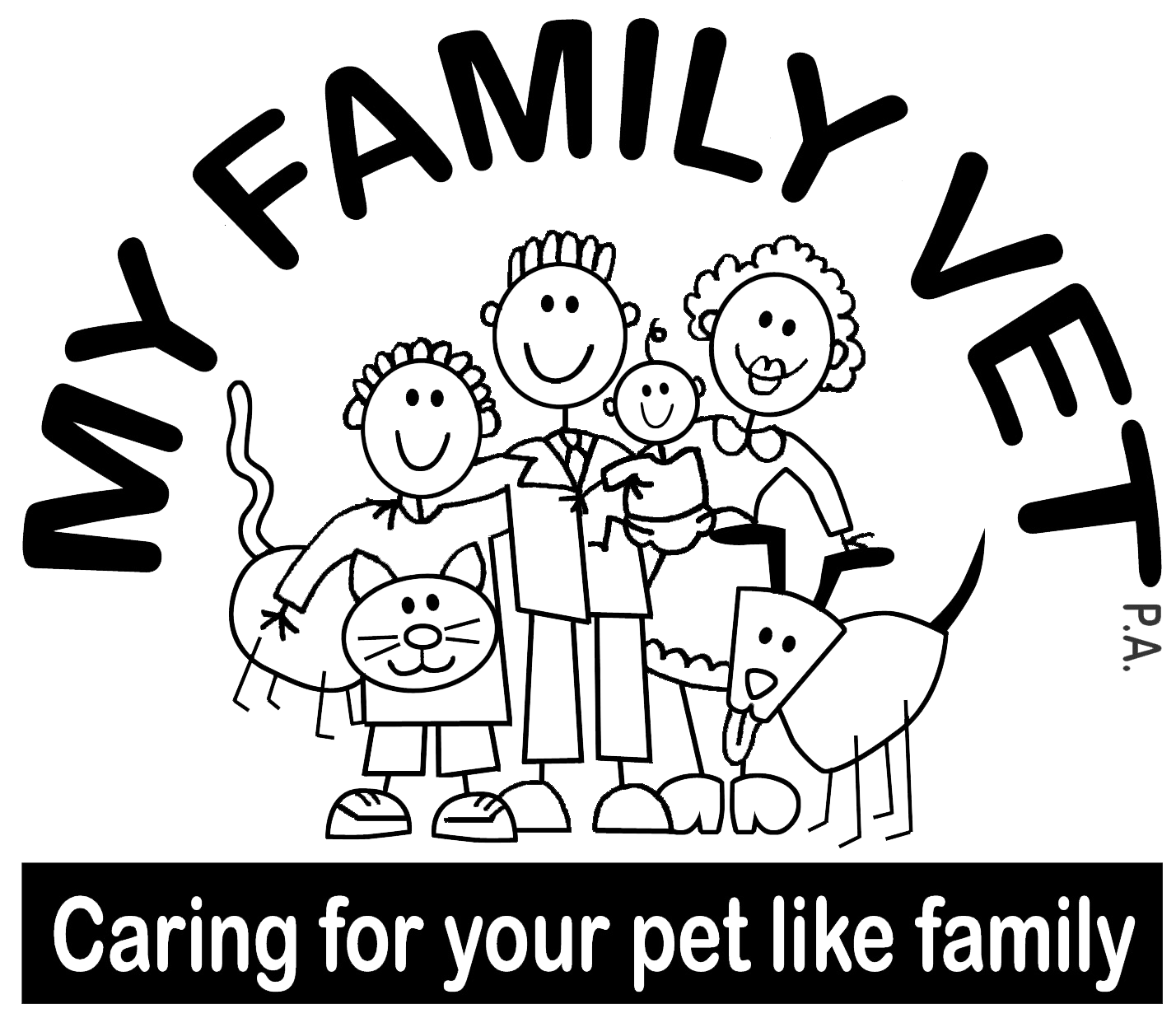According to the AVMA Principles of Veterinary Medical Ethics, no doctor can prescribe medication or fill medication to a patient outside of the Veterinarian-Client-Patient-Relationship. To ethically and legally prescribe meds to your pet, your veterinarian has to maintain that relationship and see the pet at least once annually.
Do I need to schedule an appointment to be seen?
We ask that you call and schedule an appointment beforehand at (281) 288-0500 – this way we have time reserved just for you and your pets with the veterinarian on that day. In the event of an emergency during business hours, the patient will be seen promptly.
We do accept walk in appointments however there is an additional fee charged to the exam and we cannot guarantee a wait time to see the doctor. So give us a call and let us know when you want to schedule an exam!
Why does my pet need a heartworm test if they're on heartworm prevention year round?
You’ve been told to have your pet on heartworm prevention monthly since you first got them. You’ve been the most diligent owner and have given it every month on the 1st without missing a dose in years. So why should you test your pet for heartworms?
The heartworm medication is given once monthly to kill any adolescent heartworms in your pets bloodstream. The adolescent worms are what’s transmitted from the mosquito into the dog’s blood, where they travel to the heart and set up camp to grow into adults and make baby heartworms known as microfilaria.
The term “heartworm prevention” is slightly misleading. The medications do not prevent mosquito bites or potential transmittal of heartworm teenagers throughout the entire month but instead treat the problem once monthly. If given on time every month, your pet’s risk of becoming infected is minimal. But can you guarantee your pet didn’t throw it up 30 minutes later? Did they only get half the pill and the other half fell on the floor? These are things to consider when discussing whether or not to do the heartworm test.
Finally, the heartworm test is also a way of verifying the product efficacy annually. We want to make sure it’s working right, every time. If it doesn’t and your pet develops heartworms despite timely dosing each month, most manufacturing companies for the product will cover the cost of heartworm treatment so long as there is a heartworm test done annually on file.
When should I begin vaccinating my new puppy/kitten?
It is best to start booster vaccines at approximately eight weeks old. Both puppies and kittens need to have at least three booster shots to help prevent harmful diseases. We recommend bringing your new friend in for an exam to meet the doctors as soon as possible. This helps to establish a doctor patient relationship and we are able to set up an individualized vaccine protocol.
When should I have my pet spayed/neutered?
We recommend scheduling your new pet’s spay (for girls) or neuter (for boys) once they’ve reached six months of age. However your pet is never too old to be altered, even the seniors out there! Here are some of the benefits of spaying/neutering your pet.
Females
- Longer, healthier life
- Almost completely eliminates the risk of certain cancers and infections
- Prevents life threatening uterine infections
- Removes risk of mammary tumors which can be cancerous about 50% of the time in dogs and 90% of the time in cats
Males
- Longer, healthier life
- Almost completely eliminates the risk of certain cancers and infections
- Fewer prostate problems and hernias
- Decreased aggression, less likely to roam and increased comfort
What human foods are dangerous to my pet?
Alcoholic Beverages – vomiting, diarrhea, difficulty breathing, coma and even death
Avocado – swelling of the head and neck through fluid build up, vomiting, diarrhea
Caffeine – vomiting, diarrhea, excessive thirst, tremors, seizures and even death
Chocolate – vomiting, diarrhea, excessive thirst, tremors, seizures and even death
Grapes – kidney failure
Milk/Dairy – stomach upset and diarrhea
Raisins/Currants – kidney failure
Xylitol – found in gum and candy, this artificial sweetener is extremely toxic and can cause liver failure, hypoglycemia, and death
For a more extensive list, visit ASPCA’s “People Foods to Avoid Feeding Your Pets”


